Exclusive: JLL Research Shows Latin America Hot on Hotels
Jones Lang LaSalle Hotels has released its first Latin America Hotel Investor Sentiment Survey, and the results show that investors are keen on both acquiring and developing in the region.
By Barbra Murray, Contributing Editor
 Jones Lang LaSalle Hotels has released its first Latin America Hotel Investor Sentiment Survey, and the results show that investors are keen on both acquiring and developing in the region.
Jones Lang LaSalle Hotels has released its first Latin America Hotel Investor Sentiment Survey, and the results show that investors are keen on both acquiring and developing in the region.
For its two-week survey conducted in May, JLLH looked at 18 markets in Mexico, Central America and South America when querying 500 international investors, all of whom have a presence in Latin America or have a strong interest in hotel real estate in the region. The optimistic responses came as little surprise to JLL Hotels. “We’ve been working with groups that recognize that in [places like] Mexico, Brazil and Colombia, there’s a growing middle class and they are starting to travel and discover their own countries,” Fernando Garcia-Chacon, executive vice president with JLL Hotels, told Commercial Property Executive. “The economies within these countries are also recovering and that is leading to increased travel demand. So much of the consulting assignments we’ve done in the past two years are specifically for groups that see that need.”
The hot countries on the list are Mexico, Brazil and Colombia, as well as Argentina, Chile and Peru, showing that investors are attracted to countries across Latin America. Mexico City tops the list of cities with the best outlook for hotel-performance fundamentals, followed by Brazilian metropolitan locations and then, down the list, Los Cabos and the Cancun/Riviera Maya area. The vast majority of the survey participants indicated that they are pursuing both acquisitions and development, with geography as the determining factor for investment activities. Essentially, investors are targeting the gateway cities for buying, and the secondary cities for building.
It’s a case of buy a little, build a little.
When searching for assets for acquisitions, survey respondents point to Mexico City as the number-one target. Expectations for RevPAR growth in Mexico City is 76.9 percent for the next six months and a whopping 100 percent for the next two years. “People nowadays mention Mexico and they pause [because of security concerns], but I think smart investors know their geography and they recognize that a hotel property in Cancun or Mexico City is a lot different than something in Ciudad Juárez,” Garcia-Chacon said.
Panama City ranks second on the list of the top five acquisition target locations, with Rio de Janeiro and São Paulo in Brazil sharing the second spot and Lima, Peru, and Santiago, Chile completing the list. The competition for available hotels with for-sale signs, however, is steep. “The amount of quality assets is somewhat limited,” he explained. “Additionally, when you start seeing 80 percent occupancies, that’s when hotels start pushing up rates, so owners are happy. Unless you come in and you pay a very high price, you’re not going to get an acquisition.” Hyatt Hotel Corp., for example, recently purchased the 756-room Hotel Nikko Mexico in Mexico City for approximately $190 million.
Investors also have big a big appetite for hotel development across Latin America, but the bulk of construction is expected to occur outside of the core markets. “In gateway cities land prices are exceedingly high; there’s a lot of competition for real estate, be it for office buildings, for residential and hotels,” Garcia-Chacon noted. “Outside cities or secondary cities don’t have a very well developed stock of rooms, so if you come in there with a good, solid select-service product like a Courtyard [by Marriott] or perhaps a Hyatt Place that you can develop at a reasonable economic construction cost, I think that’s just going to blow away the existing supply that’s typically dated.”
The majority of the eager builders are first setting their sights on metropolitan areas of Brazil with populations between 3 and 6 million. These secondary Brazilian urban centers include Fortaleza, Recife, Manaus and Curitiba. Colombia, also, is home major development spots — Cartagena and Bogotá rank near the top of the list of favored spots for development.
The future appears bright for the Latin American hotel market, which, as JLL Hotels notes in the report, will transform itself over the next 10 years.

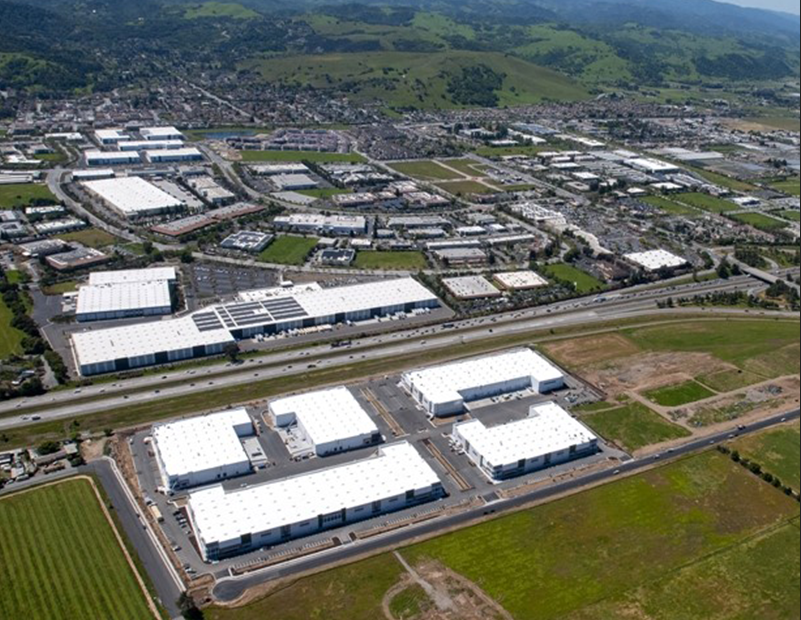
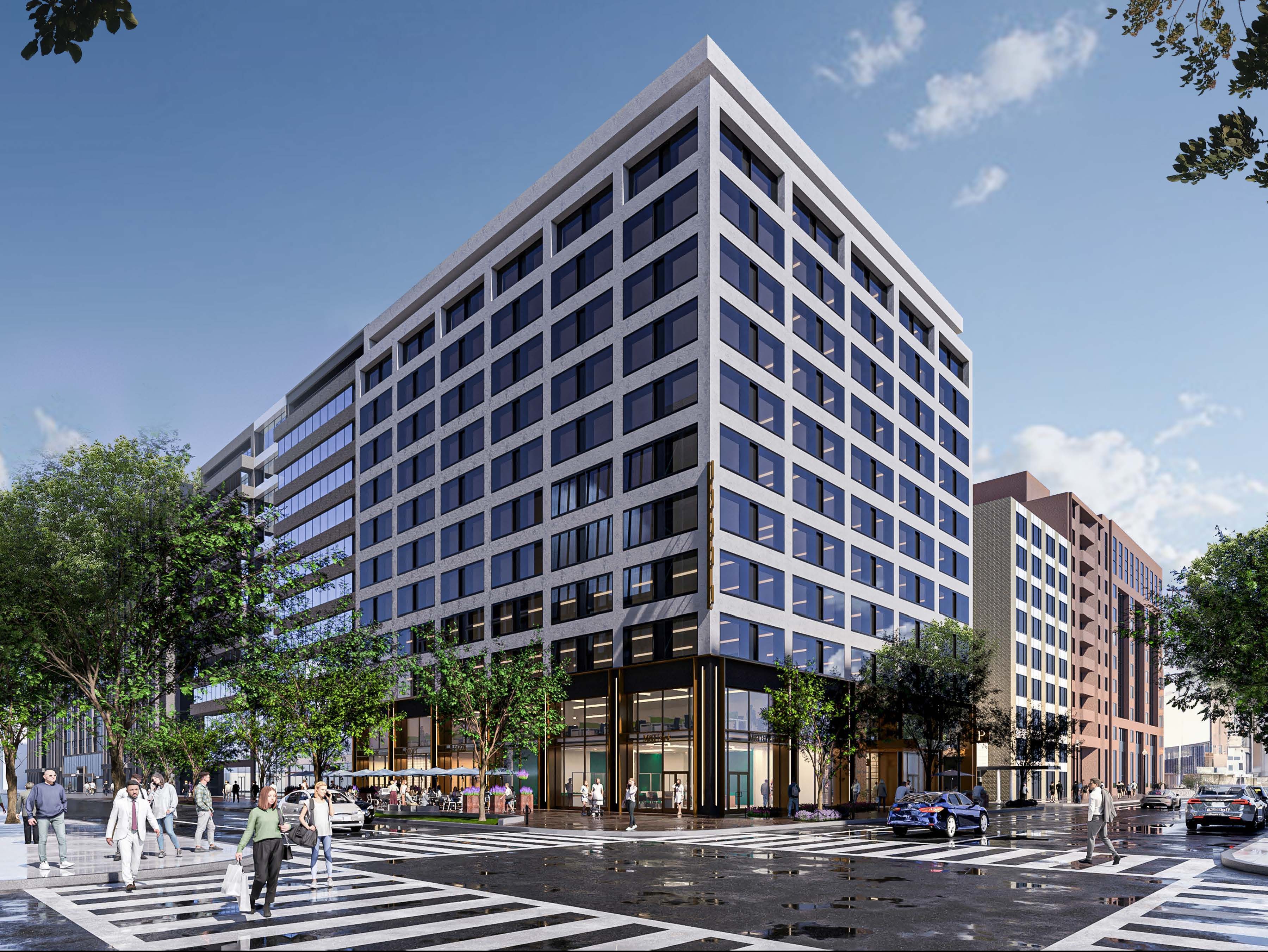

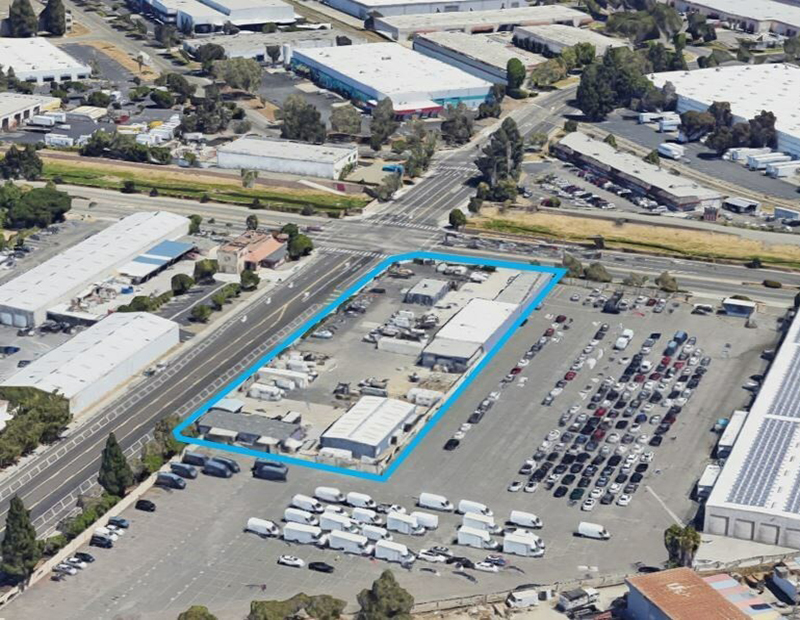
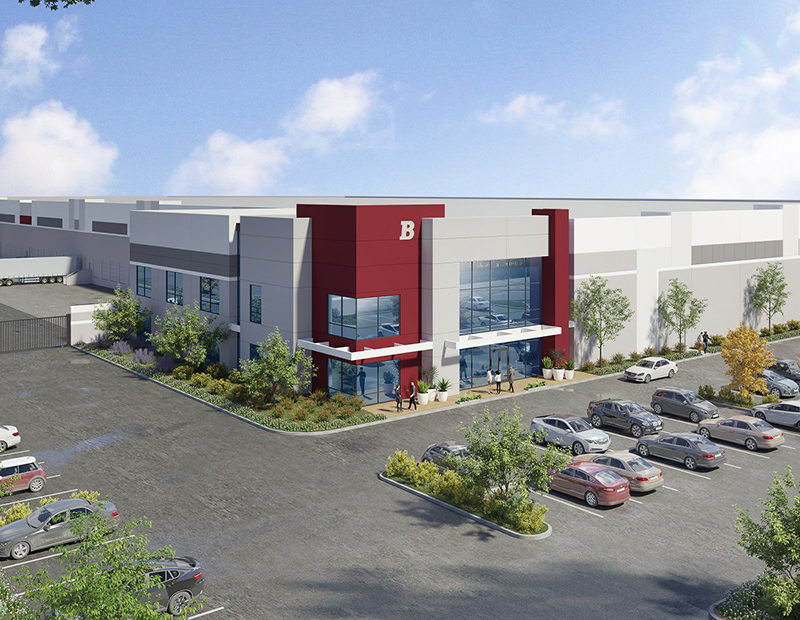
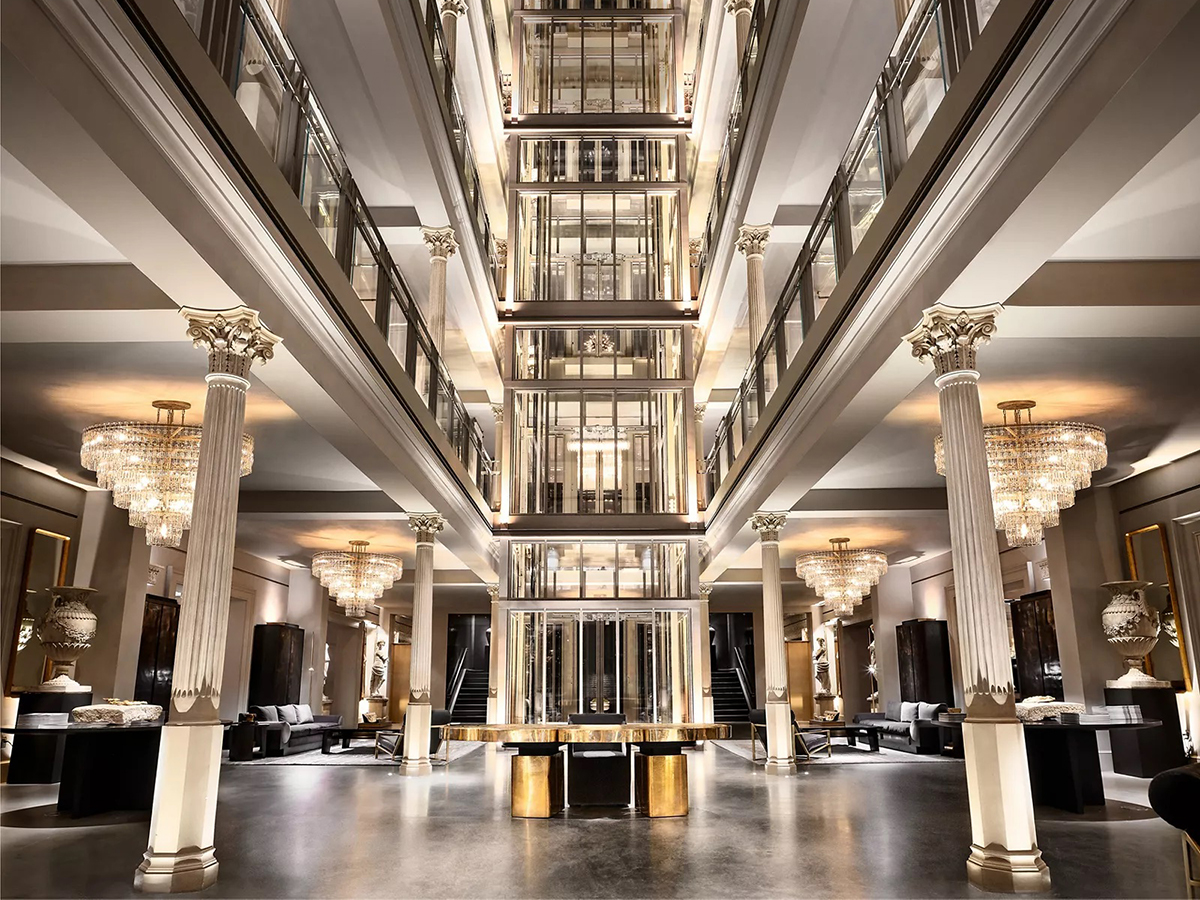
You must be logged in to post a comment.